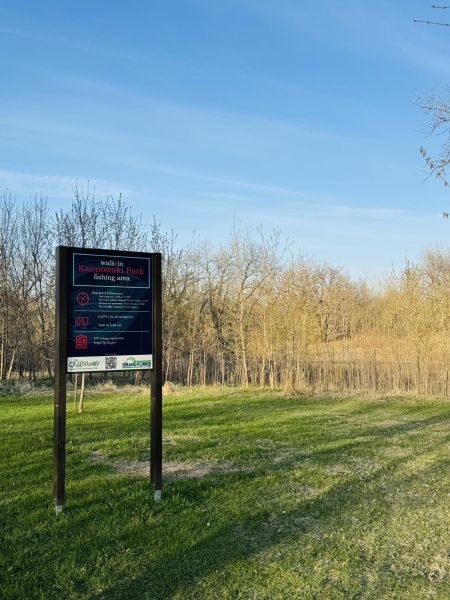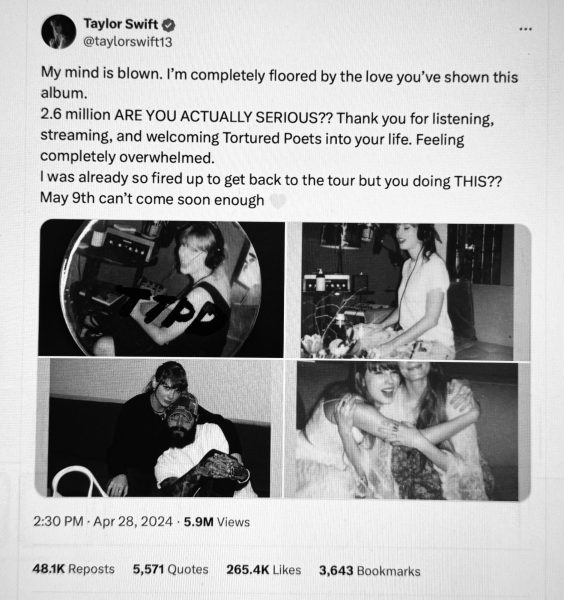Perceptions teach lessons
Ignorance is different than ignorant racism.
It’s no secret UND is a predominantly white campus. It certainly gets plenty of students from all over, thanks to the impressive aviation program, but the overwhelming majority of students are Caucasian.
Despite this, I — an Indian-American — never once felt ostracized or marginalized because of the color of my skin. I think that’s an impressive feat, as Americans in general have historically not done well with accepting other races. While this problem hasn’t completely disappeared, I do think many positive steps have been taken.
It is no longer socially acceptable to think less of a person simply because of their skin color. This doesn’t mean that racism has been completely eliminated, but it is not as prevalent as it used to be.
In my lifetime, there have been very few times where I believe I was actually discriminated against. For the majority of my life, I was treated as a person rather than a race. The people I have met have always judged me based on my actions and my words rather than what I looked like.
However, despite the lack of discrimination in my life, I know that racism is not completely gone. I have spoken to other Indian men who have faced many hardships in their life, from being called a terrorist to having experienced actual hate crimes.
I have seen some people treat me differently because of the color of my skin. But I haven’t seen that here. I have no doubt that ignorant ideologies and attitudes of ethnocentricity exist here, but I haven’t seen as much of it as other places that I have been.
I was born in India and adopted when I was three by American parents. Because I was adopted so early, I have had plenty of time to assimilate to American culture, which I believe is part of the reason why I’ve never really faced much discrimination. I understand American cultural and societal norms, as I was raised here — I am, in fact, an American citizen.
It can be more difficult for students who come from India or other places who aren’t as familiar with American culture.
On one hand, I am grateful that I haven’t seen much racism in my life, but, on the other hand, I know there are many others who have, and have suffered much more.
I’m not just picking on white people here. Racism has never been exclusively white. There have been times when I have made ignorant generalizations about groups of ethnicities before. The important thing is to be able to recognize when this happens and try to work on it.
I know enough to know the difference between ignorance and hate speech. Some people just aren’t as educated about other cultures — and honestly, that’s okay. It’s when they start making assumptions about other cultures that problems can arise.
Ignorance is not wrong, it is part of life. Not everybody knows everything; that’s the way it works. However, assumptions made from ignorance are different.
Let me give you an example. If you ask a simple question about whether I speak Indian, I’m not going to be offended. Many people are not aware that there is no such thing as a language called Indian, and that there are actually 18 major languages spoken in India with over 1,500 dialects. I’m not going to be offended that you aren’t intimately familiar with knowledge about Indian culture.
But when you start assuming that I’m here at UND to study computers (as one guy selling sunglasses in the mall thought), or if you comment that I obviously love curry (as another person from another school kept trying to imply), that starts to get offensive. This means that you are making assumptions about who I am as a person completely by the color of my skin and nothing else.
I believe UND has done very well as far as being accepting and inclusive of other races, especially compared to other places that I have heard about. However, it’s still important to consider what you say or do and how it might affect others.
Michael Rauser is a staff writer for The Dakota Student. He can be reached at michael.rauser@my.und.edu.






